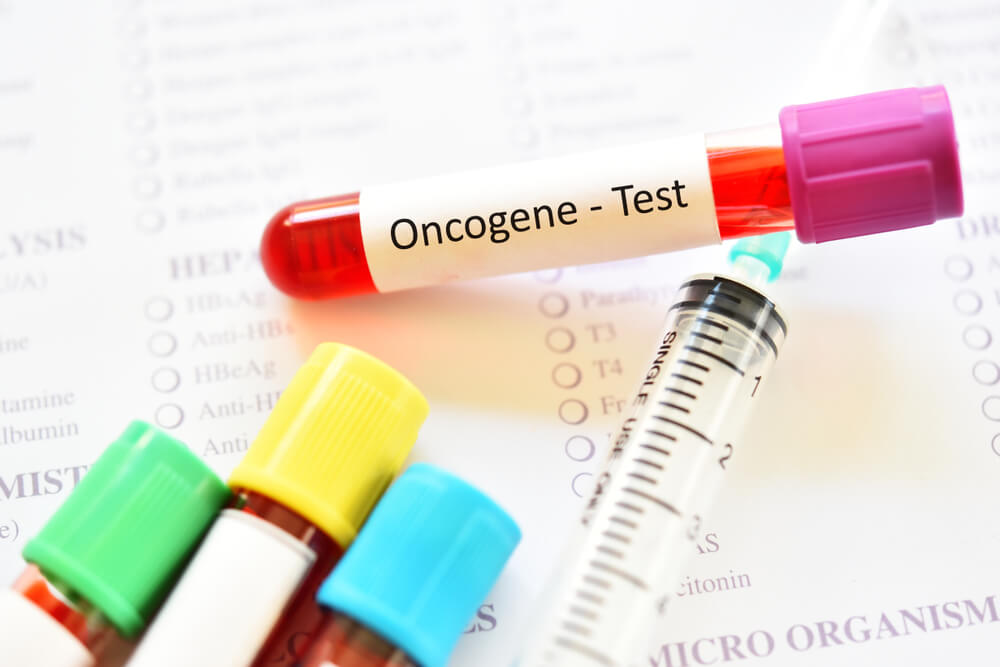Genetic testing for breast cancer or BRCA gene testing essentially involves taking a small amount of blood or saliva sample for laboratory examination. It can take several weeks or months for the results to come.
“BRCA” an abbreviation for the “BReast CAncer gene.” BRCA1 and BRCA2 are two separate genes that have been identified to influence the chance of a person having breast cancer.
There are both BRCA1 and BRCA2 genes in every human. BRCA genes don’t actually cause breast cancer, considering what their names might suggest. In fact, these genes usually play a major role in breast cancer prevention. They help restore breaks in DNA that can lead to cancer and unchecked tumor development. The BRCA genes are classified as tumor suppressor genes because of this.


